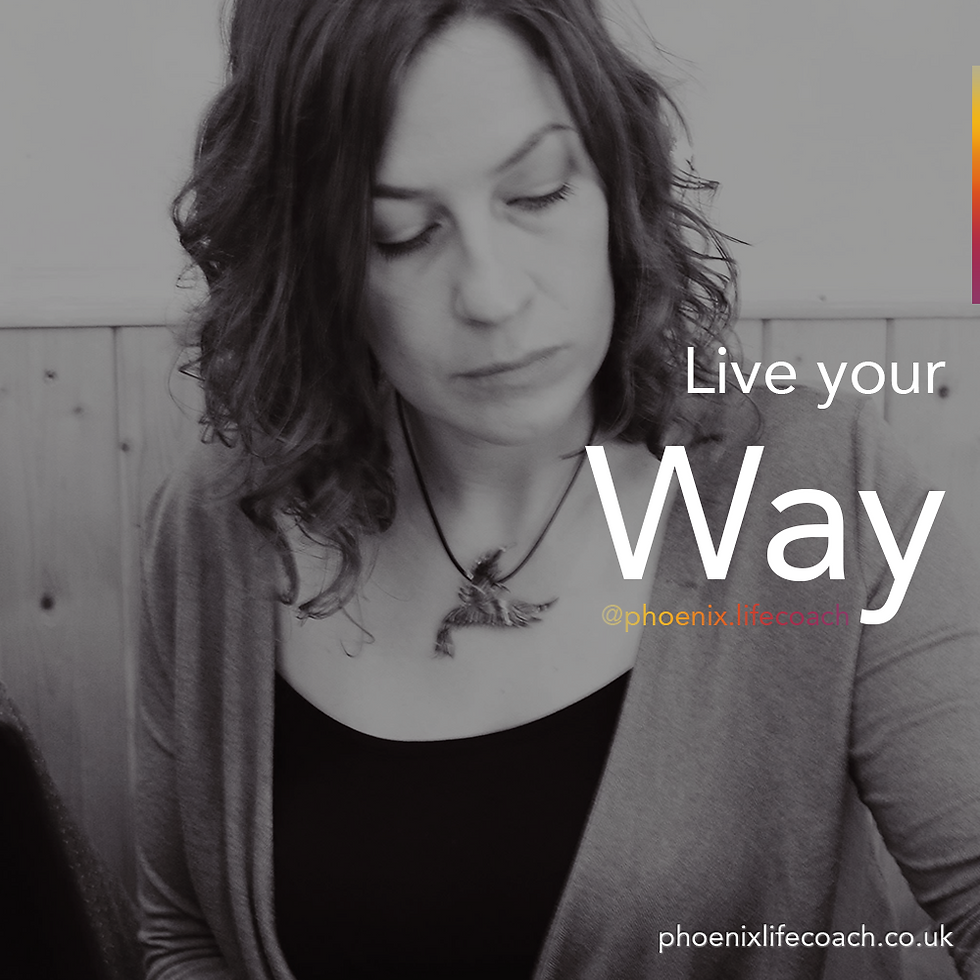Mind Your Language; Don't Be A Victim of Your Story Telling
- Zoe Thompson
- Oct 29, 2022
- 2 min read
Mind your language; Don’t be a victim of your storytelling.
One of my top recommended books is S.U.M.O. by Paul McGhee. If you haven’t read it, then I recommend you add it to your list. It is one of my top 5 and a book I often recommend to clients.
In this book, the author talks about wearing the ‘victim t-shirt’. He isn’t talking about being a victim in the criminal sense, but how using ‘victim’ language can impact our way of thinking, feeling and subsequently our way of behaving.
a person who has come to feel helpless and passive in the face of misfortune or ill-treatment.

As with self-limiting beliefs we need to be conscious of any negative and limiting language we are using and replace it with positive, growth mindset language.
Extract from the book:

The last example leads me to the point of this blog.
Let’s say, for example, that you are talking about something negative that happened to you. You are telling people what happened and the impact that it had on you at that time, and afterwards.
Storytelling can be healthy, it can be part of the process to deal with what happened, however, it can also have a negative impact. This will often depend on how the story is told.
Are you focusing on the negative or drawing out any positives that have come from the experience?
Are you going into lots of detail and taking yourself back into the moment? Is this evoking emotional responses that you experienced at the time?
At the right time, and in appropriate circumstances, this can be part of the healing or recovery process. This is why talking therapy can be so helpful as it helps us to reflect on an experience to help us move forward.
Every time we tell stories we are at risk of reliving the experience over and over again, often without purpose.
We risk the experience becoming part of our identity. It becomes 'who we are' rather than something that happened 'to us', or something that we experienced.
Whilst we may not want to change the memory we can tell the story in a more positive way simply by changing the language that we use and where we place our focus.
We can also ask ourselves the question of whether we need to tell the story in the first place, and how much detail we need to go into.
When I share my experiences or tell my story, I am cautious and conscious of the language that I use and the detail I go into for this very reason. I know others do the same.
So, my question to you is; are you a victim of your storytelling?
If your answer is yes, then it’s time to mind your language
- Zoe
If you would like to see how Coaching can help you create a more positive mindset, then why not check our range of services and products or book a call and we can talk things through?
Find out more here
First published April 2017
Revised and republished Oct 2022
%20(Facebook%20Cover).png)



